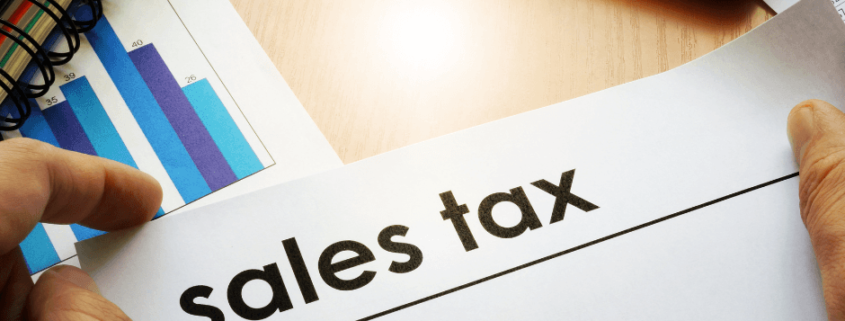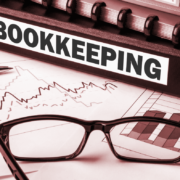Small Businesses: Here’s How the U.S. Wayfair Decision Affects You if You Do Business Out of State
- Discover how the Wayfair decision differs from the “Quill” decision.
- Find out why the Wayfair decision is so important.
- Learn about the complexities of the tax and how it could affect your business.
If you are a small business owner, chances are good you’re paying close attention to your accounts receivables and deliverables. A three-year-old Supreme Court decision may not seem important in comparison. But do you do a significant amount of business in states other than where you have a physical presence? Then you should know what happened in the Wayfair decision on June 21st, 2018.
Why the Wayfair decision is so important
The Wayfair decision reversed the earlier “Quill” decision made back in 1992. In doing so, it forever changed the tax liabilities of businesses. The Quill case established that businesses did not have to collect or remit sales or sellers use taxes for states in which they lacked a substantial physical presence. But the “burdensome” administrative processes eliminated with that decision became the law of the land with the Wayfair decision.
This decision established economic nexus for the state of South Dakota as either 200 transactions shipped to state residents or companies per year, or $100,000. Once out-of-state companies reach that threshold, states can require them to collect and remit sales and use taxes from customers.
Compliance with these requirements is no small thing. The earlier court decision was correct in referring to it as burdensome. But failing to comply has very real consequences in the form of back taxes and penalties. The solution is automation, almost by necessity. Without that kind of help, organizations would need at least one employee dedicated to nothing but managing and tracking sales volumes for each state. They would need to track various local and state regulations.

The complexities of the tax
Want an idea of the exact complexity of the tax? There are approximately 10,000 different tax jurisdictions in the United States. Identifying all of them goes beyond anything as simple as zip code, county, or city borders.
It would be nice to think that everybody adhered to standard taxability rules as is the case for SST member states. However, each jurisdiction can have its own rules regarding what does and does not get taxed. Not only does this apply to product categories like clothing, food, or luxury items, but also to services such as shipping and handling or product usage. Each rule needs to be identified and adhered to, or risk fines and penalties.
In addition to learning the rules and tax thresholds for nexus for each state, compliance requires adhering to the process that each state imposes. These are usually coordinated via state tax portals. This means that sellers will need to have this information easily at hand – for as many as 50 states. And sellers will be responsible for tracking when tax requirements change, for every jurisdiction.
Some states offer resale exemption certificates. However, following the processes required to administer those certificates has turned out to be too much for many companies. Much of this is due to the fact that – as is true with other aspects of compliance – the certificates and rules for certificate renewals have to be collected and learned for each state and are an additional burden. But failure to properly fill the certificates out can lead to taxes on that revenue. Also, penalties and interest may be imposed if those taxes are not properly collected.
Conclusion
Though following the rules represents an enormous headache and the need to invest time and money, no one wants to be audited or penalized. The Wayfair decision means you must create a strategy for dealing with these rules. You will not only eliminate your risk of non-compliance but also have a plan in place in case you do receive an audit letter.
We strongly encourage you to contact your Fiducial representative as soon as you receive an audit letter. Contact us before providing any response or submitting any information to a regional tax agency. We will be able to provide you with the information you need about how to best manage the situation.
Looking for more information on this topic? Call Fiducial at 1-866-FIDUCIAL or make an appointment at one of our office locations to discuss your situation.
Ready to book an appointment now? Click here. Know someone who might need our services? We love referrals!
For more small business COVID-19 resources, visit Fiducial’s Coronavirus Update Center to find information on SBA loans, tax updates, the Paycheck Protection Program, paid sick and family leave.









